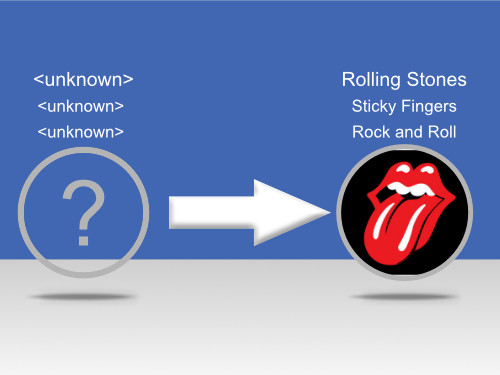
-write_id3v2 1: quite self-explanatory, only use this option if you want to write the tags as ID3v2.-codec copy: to keep the codec of the file unchanged, so as to prevent unnecessary re-encoding.Note that you cannot write to your input file even with this option enabled, or you may corrupt the file entirely. -y: overwrite if the destination file exists.-map 0: map both audio and video of the 0 th input file to the output file, i.e.-i aiff.aiff: path to the of input file.Options used in this command are as follows: The best you can go around with this is to let FFmpeg to make a copy of the file, and delete the old one afterwards. But with the way FFmpeg is designed, it won’t allow you to do so. It could make the entire procedure a little more complex, since usually when you just want to make changes to tag data, you want to just overwrite the original file. This is the same case for writing tags too. In the logic of FFmpeg, everything is considered as a stream, some file comes as an input stream, some filters are applied, and then one output is produced. It is trickier to write tags than just reading them. Make sure to get rid of it if your program consumes both stdout and stderr together by default. Note that both ffmpeg and ffprobe prints version number, compile info of the program itself and metadata of the file to stderr. See ffprobe documentations for more options. You can choose whichever format that fits your need better. Omitting this option will result in an output with no useful data.īesides JSON, ffprobe also produce output in CSV, flat key-value pairs, INI, and XML syntax. The option -show_format adds the section "format" to the output, which has the metadata of the file format as long as the tags.

"format_long_name": "MP2/3 (MPEG audio layer 2/3)", Ffprobe -show_format -print_format json music.mp3


 0 kommentar(er)
0 kommentar(er)
